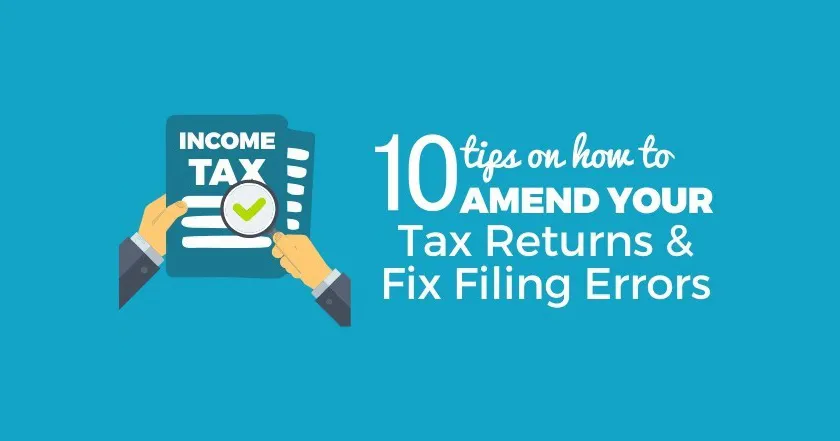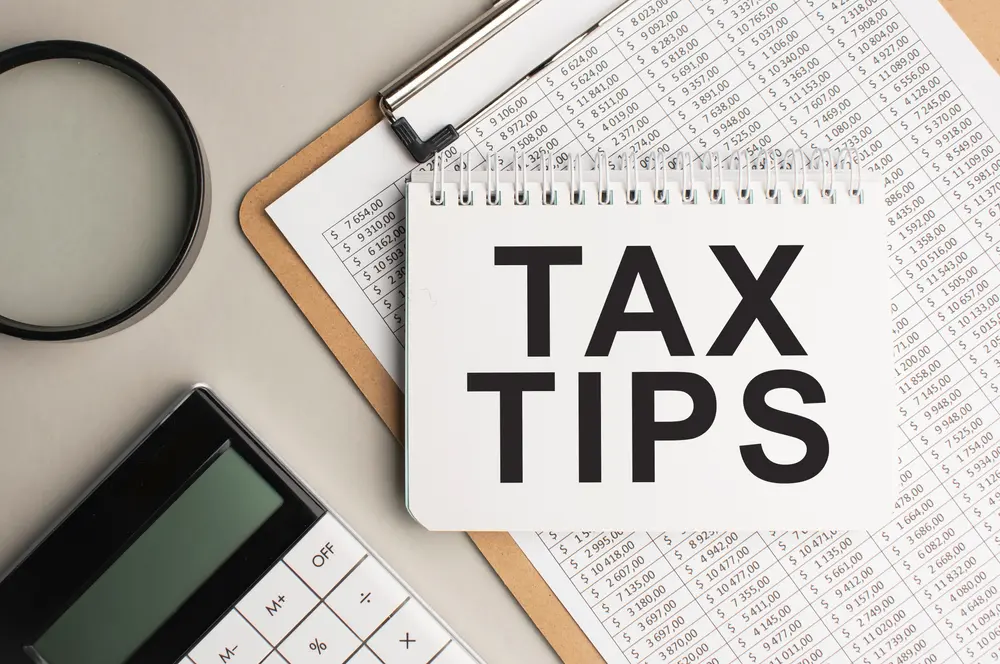Navigating taxes doesn’t have to be overwhelming. Whether you’re filing for the first time or working to improve your financial literacy, understanding the fundamentals of taxation can help you stay compliant, reduce liabilities, and plan ahead with confidence. This guide covers the basics, including common tax types, filing steps, and strategy tips, to make the tax landscape easier to understand.
What are Taxes and Why Do They Matter?
Taxes are mandatory payments individuals and businesses make to federal, state, and local governments. These funds support public services such as infrastructure, education, healthcare, and defense. By understanding how taxes work, you can make smarter financial decisions and avoid common filing mistakes.
Types of Taxes to Be Aware of
- Income Tax: Charged on wages, salaries, business profits, and investment earnings. Rates vary based on income level and filing status.
- Sales Tax: A percentage added to the sale of goods and services, set by state and local governments.
- Property Tax: Based on the assessed value of real estate and sometimes personal property.
- Capital Gains Tax: Applied to profits from the sale of investments like real estate, stocks, or business assets.
How to File Your Taxes
Filing taxes means reporting your income, claiming deductions or credits, and paying what you owe, or receiving a refund. Whether you’re an individual or business owner, the process generally includes:
1. Gather Financial Documents
Collect income records (W-2s, 1099s), expense receipts, and prior-year returns.
2. Choose the Right Forms
For individuals, the primary form is Form 1040. Businesses may need forms like Schedule C, Form 1120, or Form 1065, depending on entity type.
3. Calculate Deductions and Credits
Common deductions include retirement contributions, mortgage interest, and education expenses. Credits may include the Child Tax Credit or Earned Income Credit.
4. Submit Your Return
File electronically or by mail. The deadline for individuals is typically April 15, though extensions are available.
Why is Tax Strategy Important?
Planning ahead can minimize your tax burden and improve your long-term financial health.
Smart tax strategies might include:
- Contributing to retirement accounts
- Timing large expenses or donations
- Structuring your business to take advantage of pass-through taxation or corporate deductions
When to Seek Professional Help
Tax laws are complex and ever-changing. A tax professional can help you:
- Identify deductions or credits you may miss
- Avoid filing errors and penalties
- Plan ahead for large financial events like buying property or expanding your business
Stay Current on Tax Law Changes
Tax codes evolve regularly. Stay informed by using trusted resources such as:
- IRS.gov
- Reputable financial news outlets
- Professional tax advisors
- Tax Ace’s website
Key Takeaways
- Taxes fund essential government services and apply to income, sales, property, and investments.
- Filing accurately and on time helps avoid penalties and may lead to refunds or savings.
- Deductions and credits can significantly reduce your tax liability.
- A thoughtful tax strategy can help grow your financial stability over time.
- Consulting a tax professional ensures compliance and helps you take full advantage of current tax laws.
Frequently Asked Questions
Do I need to file taxes if I didn’t earn much?
If your income is below the IRS filing threshold, you may not be required to file, but doing so could still qualify you for a refund or tax credits.
What’s the difference between a deduction and a credit?
A deduction lowers your taxable income, while a credit reduces the actual amount of tax you owe.
How can I file my taxes for free?
The IRS Free File program and many state websites offer no-cost filing for eligible individuals based on income limits.
When should I start thinking about taxes?
Year-round planning is ideal. Don’t wait until tax season, track income and expenses throughout the year to make filing easier.
Can I file on my own or should I hire someone?
If your tax situation is simple, you may be fine filing on your own. For more complex scenarios, such as self-employment or investment income, a professional can provide tailored advice and ensure accuracy.





